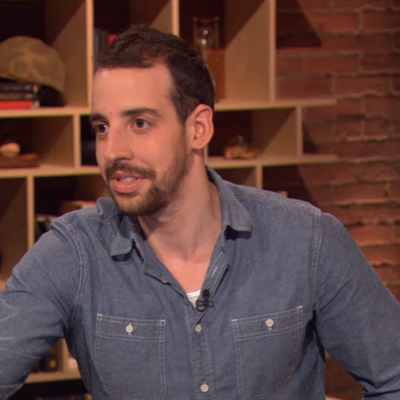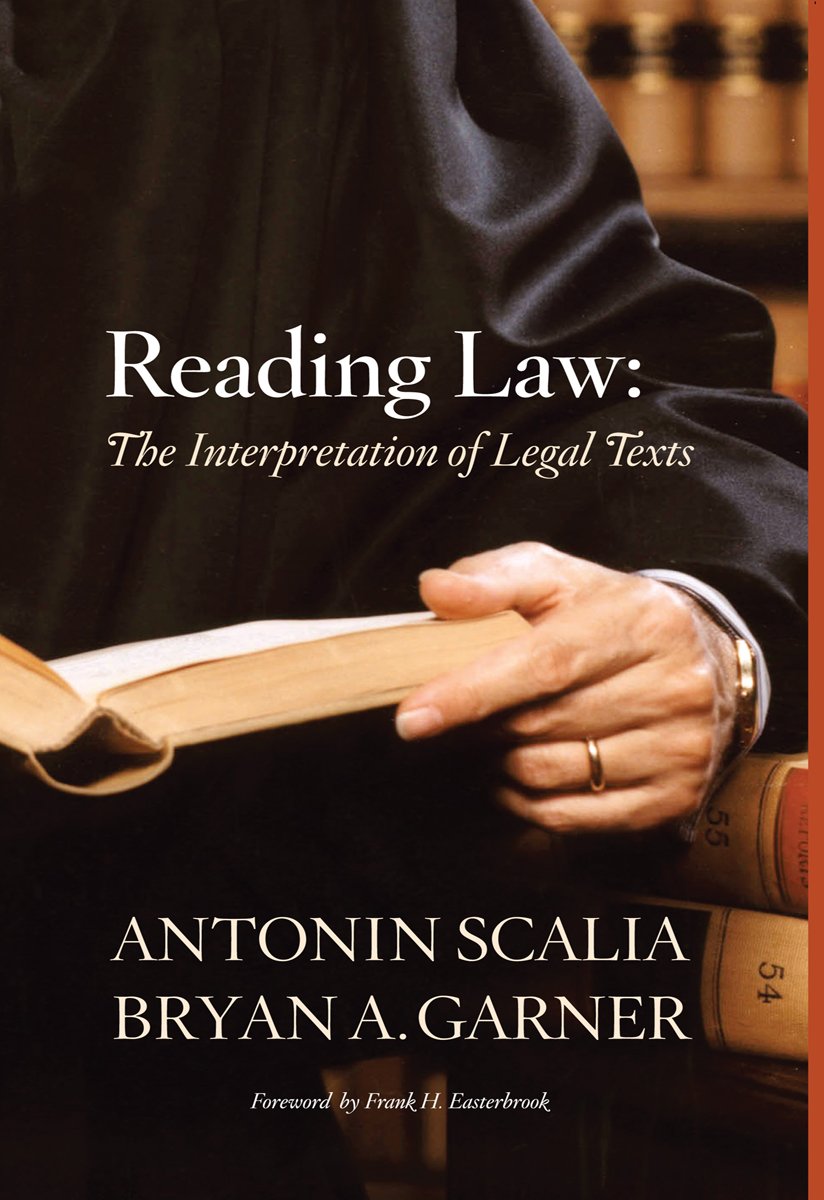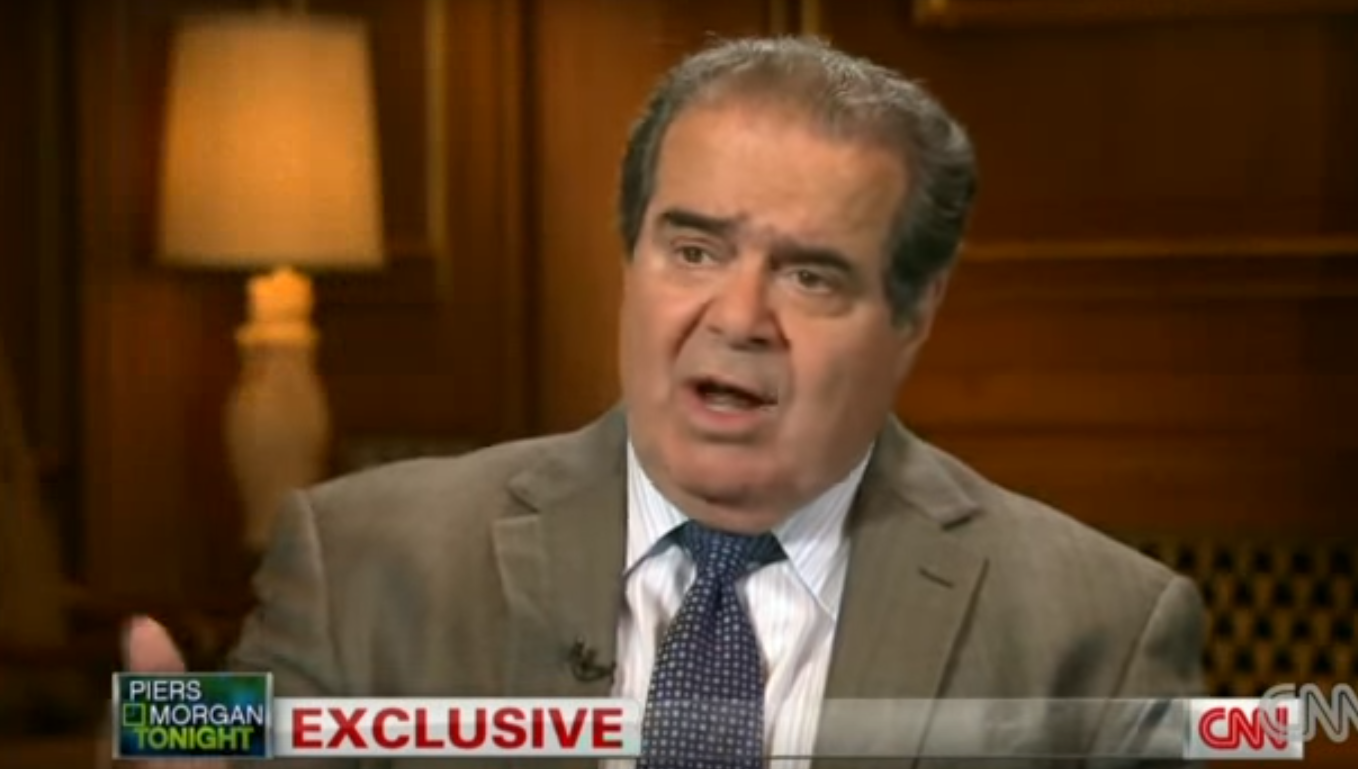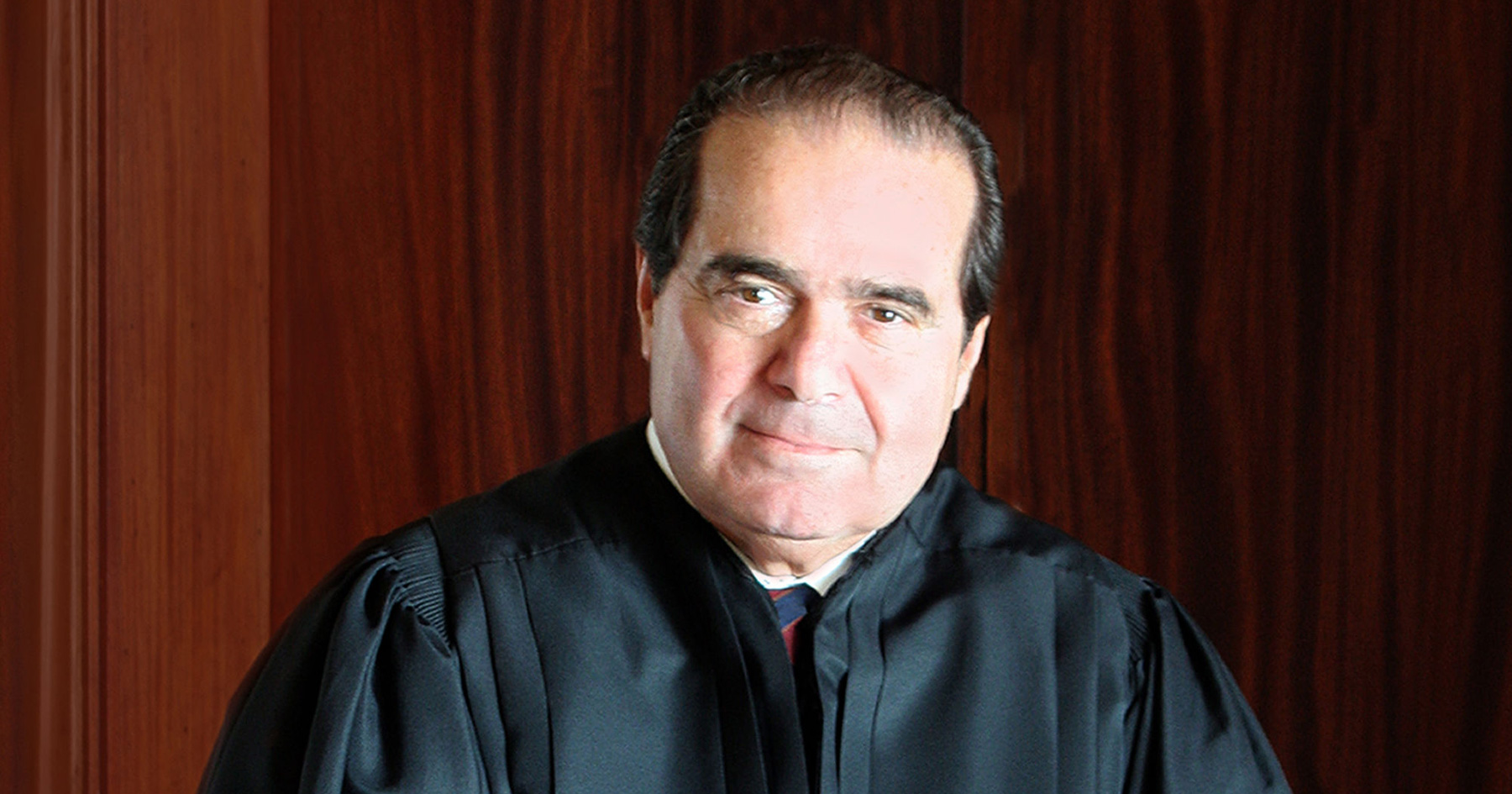Five Things You Need to Know About Antonin Scalia

By:
Supreme Court Justice Antonin Scalia died at 79 on Saturday, leaving behind a vast judicial legacy, replete with staunchly conservative opinions on some of the most divisive issues of our time.
Here are five things you should know about Justice Scalia.
1. He Was an Originalist
Scalia was a proud proponent of "originalism," and he even co-authored a book about the interpretive style in 2012 called "Reading Law."
 Amazon.com - amazon.com
Amazon.com - amazon.com
Simply put, originalists narrowly interpret the Constitution in the way they believe reasonable people alive at the time of its drafting would have. Here's what Scalia said about originalism during an interview with Fox News' Chris Wallace in 2012:
"Originalism means when you consult the text, you give it the meaning it had when it was adopted. Not some later modern meaning.
[…]
"The best example being the death penalty. I’ve sat with three colleagues who thought it was unconstitutional, but it's absolutely clear that the American people never voted to proscribe the death penalty. They adopted a cruel and unusual punishment clause at the time when every state had the death penalty, and every state continued to have it. Nobody thought the 8th Amendment prohibited it."
2. He Was a Conservative Icon
Scalia was appointed to the Supreme Court in 1986 by President Ronald Reagan; he was lionized by conservatives for his decisions during his three decades behind the bench. Though he was not on the court during the decision, Scalia was a vocal opponent to Roe v. Wade, which federally enshrined abortion rights.
 CNN - youtube.com
CNN - youtube.com
He told Piers Morgan in 2012, "my view is, regardless of whether you think prohibiting abortion is good, or prohibiting abortion is bad [...] the Constitution doesn't say anything about it. It left it up to democratic choice. Some states prohibited it, some states didn't. What Roe v. Wade said is that no state can prohibit it. That is simply not in the Constitution."
He was no ally to the gay rights movement, either. In addition to his dissent to the Supreme Court's ruling that legalized gay marriage, he also dissented in the case of Lawrence v. Texas, which ruled anti-sodomy laws to be unconstitutional.
3. He Had a Way With Words
Scalia's extensive body of written work has inspired praise and scorn in equal measure. His distinctive rhetorical style dominated online conversation in June of 2015 thanks to his now (in)famous dissent in King V. Burwell, a case that ultimately upheld the Affordable Care Act. Via the Washington Post, here are some of Scalia's most notorious linguistic feats:
"Having transformed two major parts of the law, the Court today has turned its attention to a third … It rewrites the law to make tax credits available everywhere. We should start calling this law SCOTUScare…"
"The Court’s next bit of interpretive jiggery-pokery involves other parts of the Act that purportedly presuppose the availability of tax credits on both federal and state Exchanges…"
"Pure applesauce."
 Wikimedia Commons/The Oyez Project - wikimedia.org
Wikimedia Commons/The Oyez Project - wikimedia.org
At the time, NPR noted that Scalia had been employing unusual wordplay long before King V. Burwell.
"Scalia, in particular, has been known for his rhetorical stylings, using the words 'tutti-frutti' (Sykes v. United States) 'argle-bargle' (United States v. Windsor) and 'ScotusCare' (King v. Burwell)."
4. He Loved The Spotlight
Of the three branches of government, the Supreme Court is the most deeply shrouded in mystery. Scalia, though, was an open book. He appeared frequently on talk shows, opened himself for in-depth profiles and gleefully engaged in public tête–à–tête's with lower court justices and President Barack Obama.
In a rare move for a sitting judge, Scalia openly confronted President Barack Obama over his executive decision to suspend enforcement of federal immigration laws in Arizona in 2012.
"'The president has said that the new program is ‘the right thing to do’ in light of Congress’s failure to pass the administration’s proposed revision of the immigration laws,' Scalia said. 'Perhaps it is, though Arizona might not think so.'
"Scalia asked whether states would have entered into the union had the Constitution included a clause enacting immigration laws but stipulating that the president had a choice on whether to enforce them. Delegates would have 'rushed to the exits' at Independence Hall."
When U.S. Appeals Court Judge Richard Posner questioned the propriety of Scalia seasoning his decisions with outwardly political opinions, Scalia told Bloomberg News:
“He’s a court of appeals judge, isn’t he? He doesn’t sit in judgment of my opinions as far as I’m concerned.”
5. He Was Close Friends With Ruth Bader Ginsberg
Scalia was loathed by many liberals for his conservative rulings. However, he was close friends with Supreme Court Justice, and liberal icon, Ruth Bader Ginsburg. In a Los Angeles Times profile of the pair, Scalia is quoted as having said "call us the odd couple. She likes opera, and she's a very nice person. What's not to like? Except her views on the law."
According to the Times profile, the affection was mutual:
"'She has very warm feelings' for him, said Samuel Bagenstos, a University of Michigan law professor who clerked for Ginsburg. 'There is a personal connection with him unlike any of the other justices.'"
